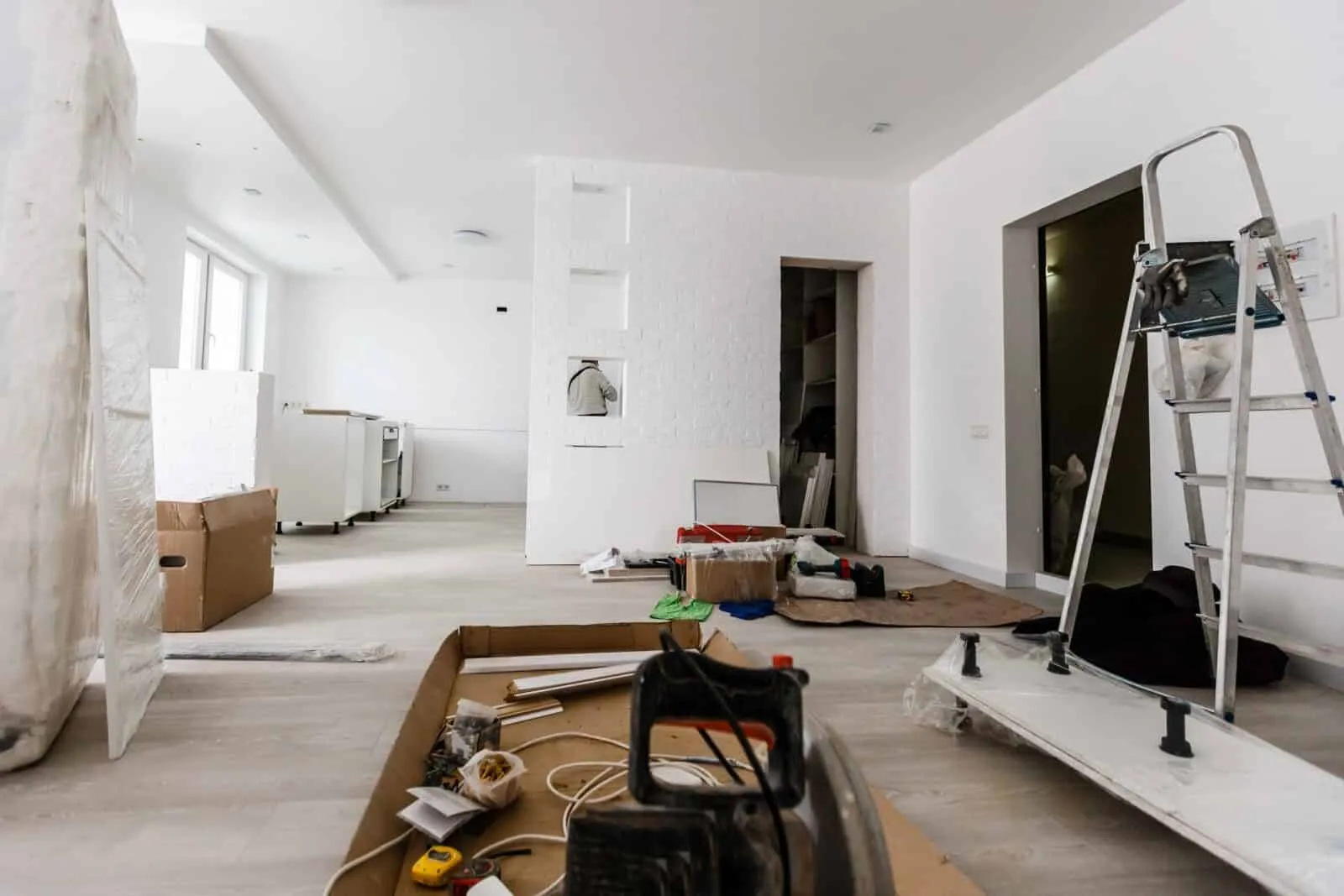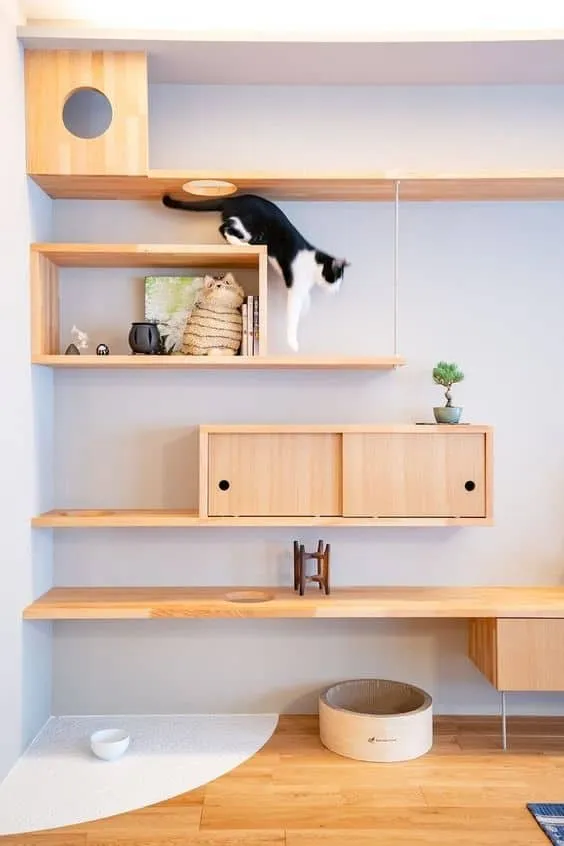DIY Renovation: 7 Tips for a Successful Home Repair Project
Starting a DIY home renovation project can be an exciting and rewarding experience. Whether you want to update a room, enhance your living space, or increase the value of your home, DIY renovations let you take control of the process and add a personal touch to your home. However, successfully completing a DIY renovation requires careful planning, skills, and dedication. In this article, we'll provide you with seven essential tips to ensure your home renovation project is a success.

How to Ensure a Successful Home Renovation Project with 7 DIY Tips
Plan Your Project Carefully
Before picking up a hammer or brush, you need to have a clear plan for your home renovation project. Planning is the foundation of any successful DIY project and can save you time, money, and stress in the long run. Here's what to include in your project plan:
- Define goals: What do you want to achieve with this renovation? Do you want to update the kitchen, add a new room, or simply refresh an existing space?
- Set a budget: Determine how much you're willing to spend on the project. Be sure to include a contingency for unexpected expenses.
- Create a timeline: Set a realistic schedule for the project, including start and end dates for each phase. Be prepared for possible delays.
- Compile a materials list: Identify all the materials, tools, and equipment needed for the renovation.
- Research and gather information: Find inspiration in home improvement magazines, websites, or social media. Look for how-to guides, educational videos, and expert tips specific to your project.
- Obtain necessary permits: Check local building codes and permit requirements, as some renovations may require official approval.
- Evaluate your skills: Determine which aspects of the project you can handle yourself and where professional help may be needed.
Set a Realistic Budget
One of the most important aspects of any home renovation project is setting a realistic budget. Determine how much you can comfortably afford to spend and be prepared for unexpected costs. Here are a few budgeting tips:
Effective budget management is crucial when undertaking a home improvement project. To stay within your financial limits and maximize the use of your resources, you should break down your budget into categories such as materials, labor (if needed), licenses, and contingency funds.
Having a clear understanding of where your money will go allows you to make informed decisions throughout the project. Consultations with Renovation Capital experts can offer valuable insights into effective budget management and optimizing investments in renovations.
Acquire Necessary Skills and Tools
DIY home renovations require a certain level of skills and knowledge depending on the scale of the project. If you lack necessary skills, consider taking courses, watching educational videos, or seeking advice from experienced DIY masters. Besides skills, invest in the right tools and equipment for your project. Bolster, a construction cost estimation software, can also be extremely helpful when planning and budgeting for your renovations. Some tools you might need include a saw, drill, hammer, measuring tools, and protective gear. High-quality tools will make the job easier and safer.
Safety First
Safety should always be the top priority during any DIY renovation. Before starting, familiarize yourself with proper safety practices and purchase personal protective equipment including goggles, gloves, respirators, and hearing protection. Always turn off utilities such as electricity and water before working on any part of your home. Take necessary precautions when using power tools and follow manufacturer instructions.
Focus on One Area at a Time
It's easy to get carried away with your DIY project and want to tackle multiple areas at once, but it's often more practical and less stressful to focus on one area or room at a time. Completing one zone before moving to the next helps you stay organized and ensures each stage of your renovation is done correctly and meets your expectations.
Seek Professional Help When Needed
While the goal of a DIY renovation is to do the work yourself, there may be situations where professional assistance is required. For example, electrical and plumbing work should be performed by licensed professionals to ensure safety and compliance with building codes. Additionally, if you encounter unexpected issues or difficulties outside your expertise, don't hesitate to reach out to a professional or hire one to avoid costly mistakes.
Maintain Detailed Records
Keep detailed records of your project, including receipts, invoices, and notes on any changes or issues encountered. This documentation is important for tracking your budget, monitoring progress, and resolving disputes with contractors or suppliers. It will also be useful if you decide to sell your home in the future, as potential buyers may want to see records of your work.
Conclusion
Starting a DIY home renovation project can be a pleasant experience that adds value and personality to your living space. By planning carefully, setting a realistic budget, acquiring necessary skills and tools, prioritizing safety, focusing on one area at a time, seeking professional help when needed, and maintaining detailed records, you can ensure a successful renovation. Remember to stay dedicated and execute your DIY project with attention to detail, and it can turn your dream into a beautiful reality.
Need a renovation specialist?
Find verified professionals for any repair or construction job. Post your request and get offers from local experts.
You may also like
More articles:
 Unique Designer Objects You Won't See Everywhere
Unique Designer Objects You Won't See Everywhere The Future of Design: How Modern Technologies Are Changing the Profession — And Why Designers Should Embrace AI
The Future of Design: How Modern Technologies Are Changing the Profession — And Why Designers Should Embrace AI Tips for Designing Spaces of All Sizes
Tips for Designing Spaces of All Sizes Tips for Designing a Beautiful Separate Room for Your Cat
Tips for Designing a Beautiful Separate Room for Your Cat Tips for Designing a Modern Living Room That Expresses Style
Tips for Designing a Modern Living Room That Expresses Style Evans Lee F52 Office in Guangzhou, China
Evans Lee F52 Office in Guangzhou, China Creating a Peaceful Garden Corner
Creating a Peaceful Garden Corner Creating a Dreamy Bedroom for Parents — Inspiration Ideas
Creating a Dreamy Bedroom for Parents — Inspiration Ideas